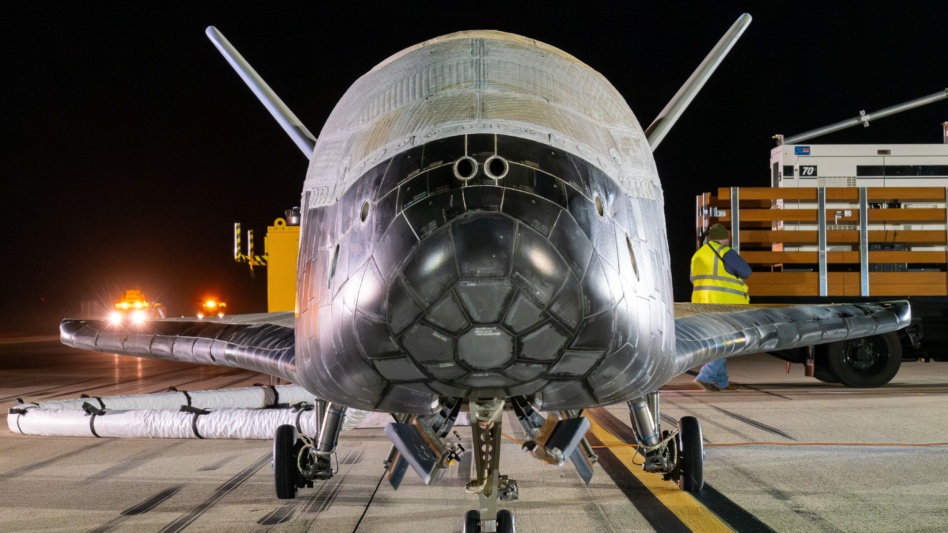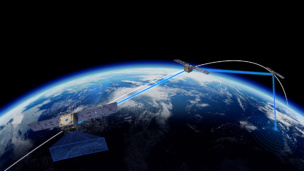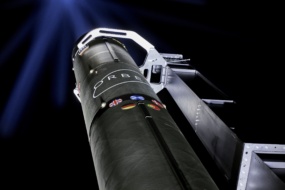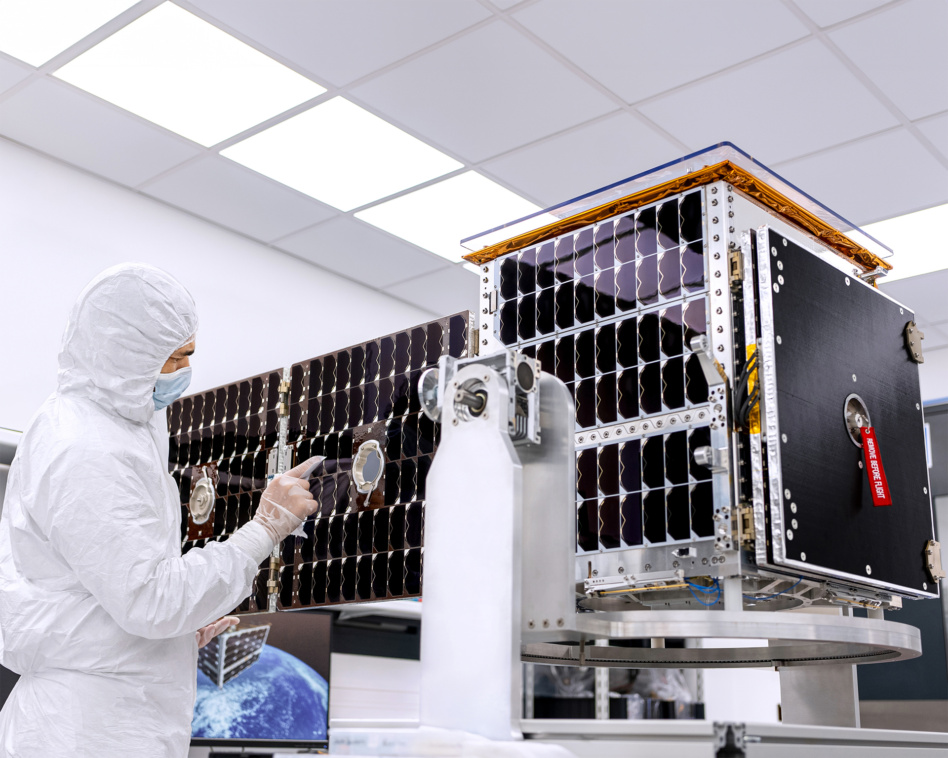The US, Russia, and China continue to lead in military space capabilities, but that’s not stopping the rest of the world from boosting investments to boost security in orbit, according to a new report from the Secure World Foundation.
During the past few years, civil and military leaders around the globe have called to increase sovereign space capabilities, and many nations have reorganized their military structures to place more emphasis on space, according to the report, which details the publicly known space-based assets and counterspace capabilities of the world’s foremost militaries. There is a widespread acknowledgement that future conflicts will take place, at least partially, in space.
The big three: The US, Russia, and China have the most mature military presences in orbit, and all three nations have increased their military space postures in recent years. Along with India, they are the only countries that have previously demonstrated their ability to destroy a satellite on orbit.
The report provides ample evidence that a significant amount of research and dollars for these nations has been directed at increasing offensive capabilities.
- The report describes the on-orbit behaviors of five Chinese satellites that tested rendezvous and proximity (RPO) capabilities throughout 2024, as well as similar tests by four US military spacecraft, and Russia’s Luch and Luch-2 sats.
- The nations have focused on improving their jamming capabilities. The US now has at least one offensive system in orbit to jam adversarial satellites. Russia’s GPS jamming capabilities have impacted civil aviation and SpaceX Starlink services in Syria and Ukraine. The Chinese are believed to have deployed an experimental sat to GEO to practice jamming.
Best of the rest: While the rest of the world’s military space capabilities are nascent, there’s been a notable increase in the global defense investments to level the playing field.
- Australia stood up its Defence Space Command in 2022, and in 2024 announced an AUD$9B-12B ($5.5B-$7.34B) investment in space over the next decade. So far, the country has focused these resources toward bolstering its communications, space situational awareness, and electronic warfare capabilities.
- In 2023, France made a €6B ($6.62B) investment to increase the observation, intelligence, and defense capabilities of its military sats.
- India is reportedly in the early stages of building directed energy weapons, and in January maneuvered a civilian space asset on orbit, showing off its RPO capabilities.
- Iran has focused on improving electronic warfare abilities, jamming GPS signals, and cyberattacks.
- Similarly, Israel’s current counterspace capabilities are focused on electronic warfare and GPS interference systems, although the country does have theoretical anti-satellite capabilities.
- Japan’s 2025 space defense budget request of $1.4B+ is focused on defensive capabilities including intelligence collection, missile defense, anti-jamming technologies, and position, navigation and timing services.
- North Korea’s military space capabilities are limited, though it has demonstrated terrestrial GPS jamming capabilities, and could theoretically detonate a nuclear weapon in LEO.
- South Korea stood up the Korea AeroSpace Administration in 2024 with a budget of ₩758.9B ($523.6M). Though its military space capabilities are limited, closer ties with the US could kickstart native SSA capabilities, and the country’s Air Force is believed to have basic electronic warfare capabilities.
- In 2022, the UK announced a £1.4B ($1.82B) investment into its military space program, the bulk of which is focused on a multi-satellite system to support surveillance and intelligence operations.





